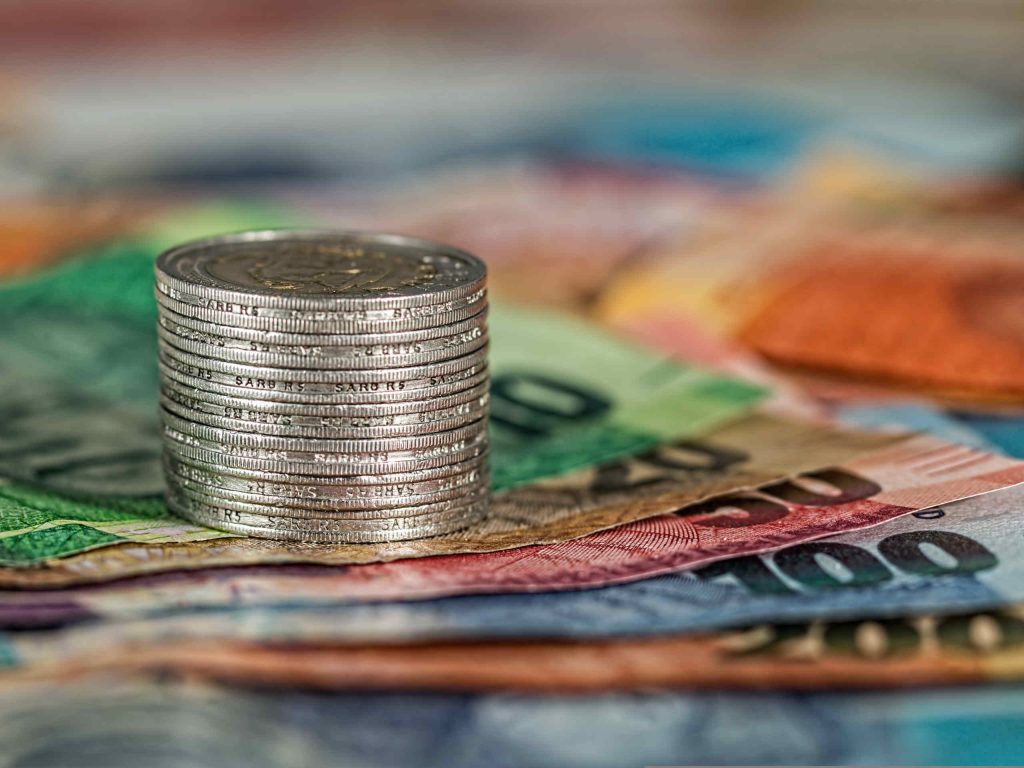The Falkensteiner hotel group in Carinthia, Austria, is taking a risk: in future, guests will be required to add a fixed tip amount to their bill.
In the US hospitality industry, tips are part of the wage. There, these monetary amounts are not just a supplement, but an important part of income – the wages themselves are so low that they are not enough. This is precisely why the voluntary nature of tips is removed as a matter of course and a separate item is deducted as a tip directly from the bill.
In Austria, the situation is somewhat different. Tipping is still a contentious issue. How much is an appropriate tip? How is tipping handled and who is actually entitled to it? These questions have long preoccupied the hotel and restaurant industry. Even though tipping is not a real salary component in Austria, it remains attractive, especially as it is tax-free. Now the international model is also being introduced in Austria: The Falkensteiner Hotel Group (FMTG), which is represented in almost all of Austria, is now introducing a fixed tip in some hotels.
The reason for this pilot project is obvious: where it used to be easy to hand over a few euros in cash, this is no longer the case in the age of card and cell phone payments. Guests often do without or simply forget to do so. At the expense of employees. The aim is for staff to receive more tips again in future so that guests can pay them easily.
According to the company, guests will be informed in detail about this model before their arrival and then again at check-in and will be able to decline it. This means that no one is apparently forced to pay. Guests can also change the amount at any time according to their own wishes. According to the hotel, the experience has been extremely positive: over 80 percent are positive about the change and often give more than the 10 euros per room and night.
A tip of around 10 percent should be added to the bill. In recent years in particular, this percentage has decreased more and more on average. Practice shows that the higher the bill, the lower the tip has become. The higher the costs, the further customers move away from the ten percent tip that used to be customary.
It also looks sad for various food delivery companies. In the meantime, the bill is almost exclusively paid in advance by credit card or instant bank transfer. Here, too, this is at the expense of the delivery staff, who are then left empty-handed when it comes to tips. The question of how much to tip should be answered with at least one or two euros.

There is a tension between digital progress and emotional hospitality that is redefining the restaurant industry. AI, automation, and data-based processes are changing not only workflows, but also attitudes, communication, and expectations. What was once considered a gimmick is now becoming a strategic necessity. And perhaps the most important question of our time: How can humans remain relevant in a world that is becoming increasingly digital?
Pizza is one of those dishes that everyone has an opinion about. Almost everyone thinks they understand it—and yet a surprising number of people fail at this culinary “common property”. In Vienna and beyond, Neapolitan pizzerias are now springing up everywhere, some excellent, others whose interest in good pizza comes to an abrupt end. As we all know, quantity does not equal quality. Or, to quote Martin Albrich from the First Vienna Pizza Association: Pizza is bread. And bread forgives nothing.


The Falkensteiner hotel group in Carinthia, Austria, is taking a risk: in future, guests will be required to add a fixed tip amount to their bill.
In the US hospitality industry, tips are part of the wage. There, these monetary amounts are not just a supplement, but an important part of income – the wages themselves are so low that they are not enough. This is precisely why the voluntary nature of tips is removed as a matter of course and a separate item is deducted as a tip directly from the bill.